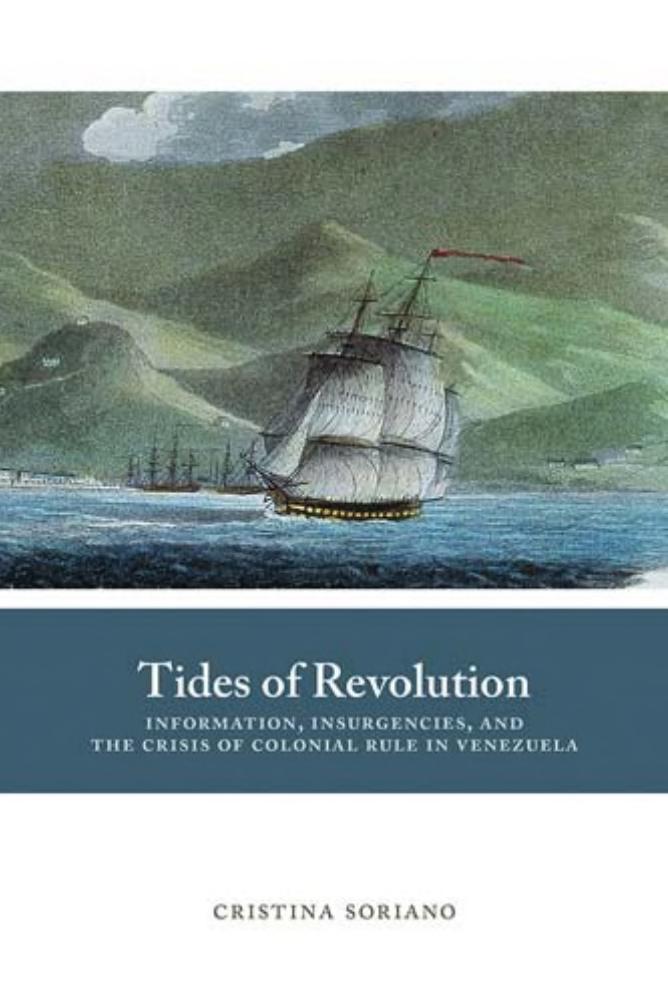

Most ebook files are in PDF format, so you can easily read them using various software such as Foxit Reader or directly on the Google Chrome browser.
Some ebook files are released by publishers in other formats such as .awz, .mobi, .epub, .fb2, etc. You may need to install specific software to read these formats on mobile/PC, such as Calibre.
Please read the tutorial at this link: https://ebookbell.com/faq
We offer FREE conversion to the popular formats you request; however, this may take some time. Therefore, right after payment, please email us, and we will try to provide the service as quickly as possible.
For some exceptional file formats or broken links (if any), please refrain from opening any disputes. Instead, email us first, and we will try to assist within a maximum of 6 hours.
EbookBell Team

4.3
8 reviewsThis is a book about the links between politics and literacy, and about how radical ideas spread in a world without printing presses. In the late eighteenth and early nineteenth centuries, Spanish colonial governments tried to keep revolution out of their provinces. But, as Cristina Soriano shows, hand-copied samizdat materials from the Caribbean flooded the cities and ports of Venezuela, hundreds of foreigners shared news of the French and Haitian revolutions with locals, and Venezuelans of diverse social backgrounds met to read hard-to-come-by texts and to discuss the ideas they expounded. These networks efficiently spread antimonarchical propaganda and abolitionist and egalitarian ideas, allowing Venezuelans to participate in an incipient yet vibrant public sphere and to contemplate new political scenarios. This book offers an in-depth analysis of one of the crucial processes that allowed Venezuela to become one of the first regions in Spanish America to declare independence from Iberia and turn into an influential force for South American independence.